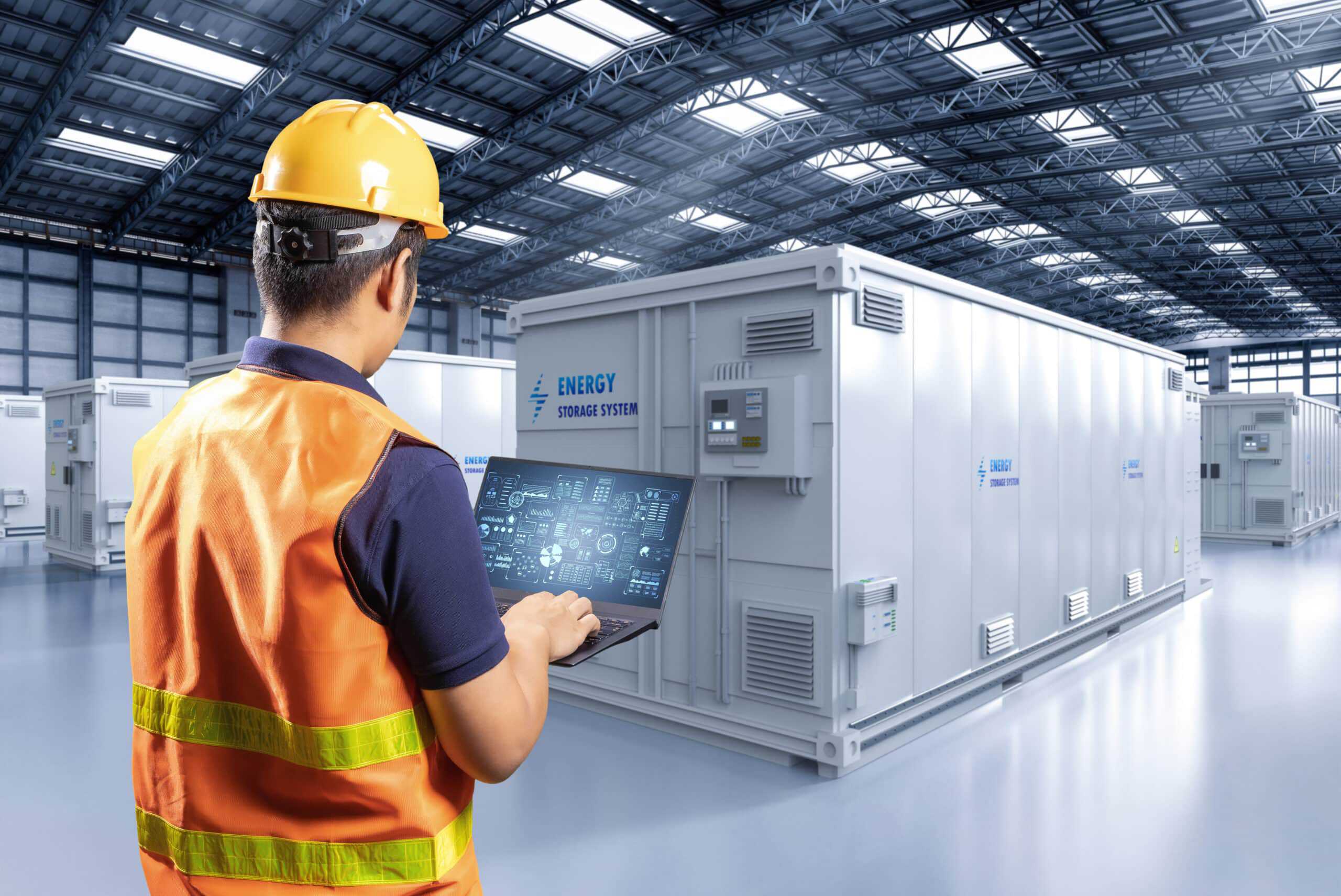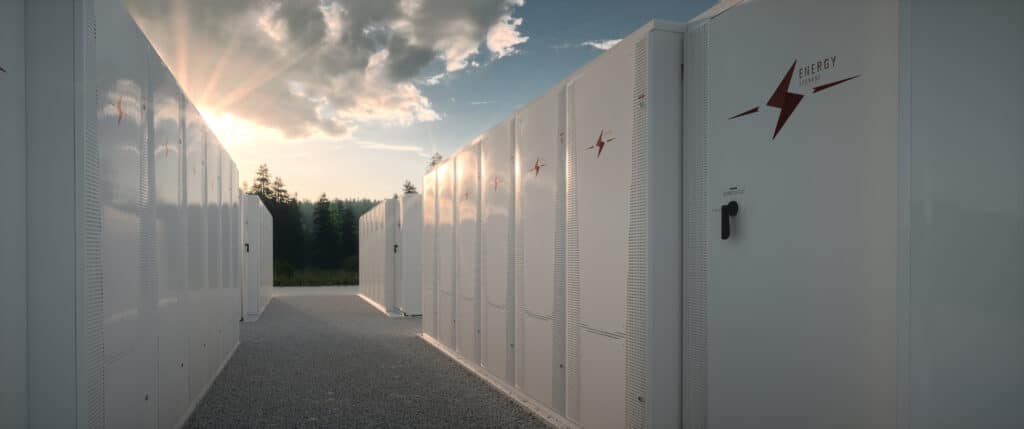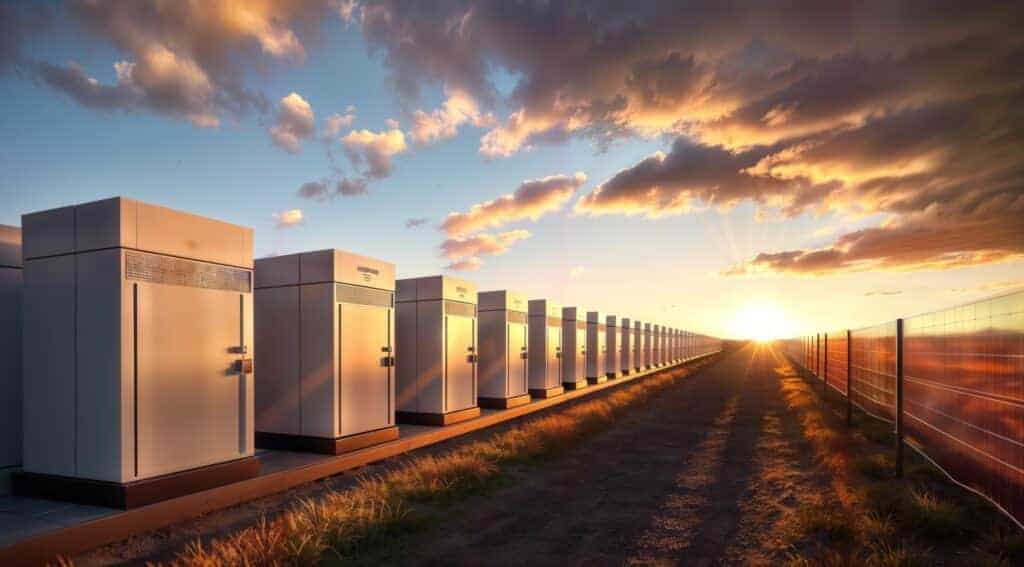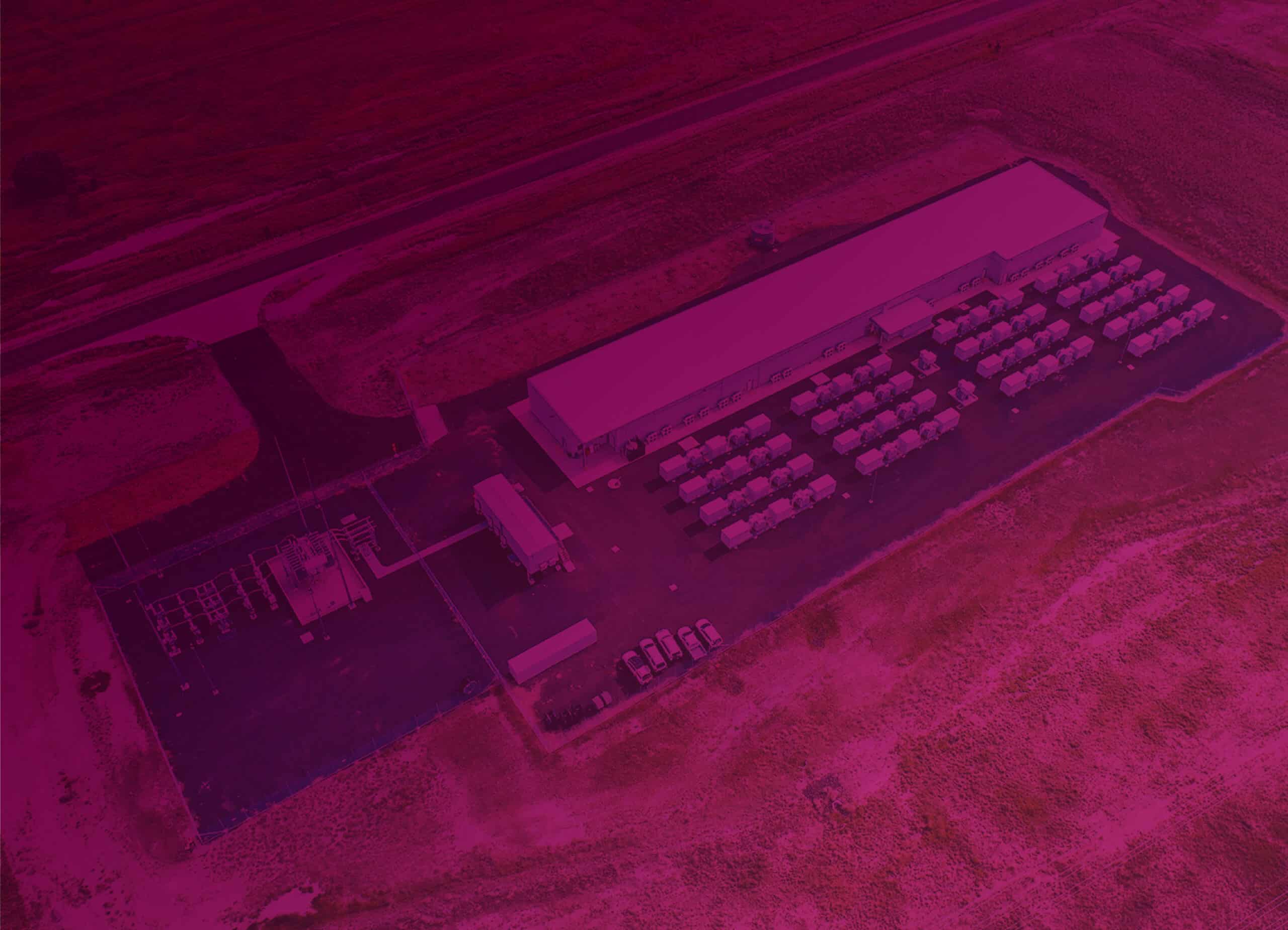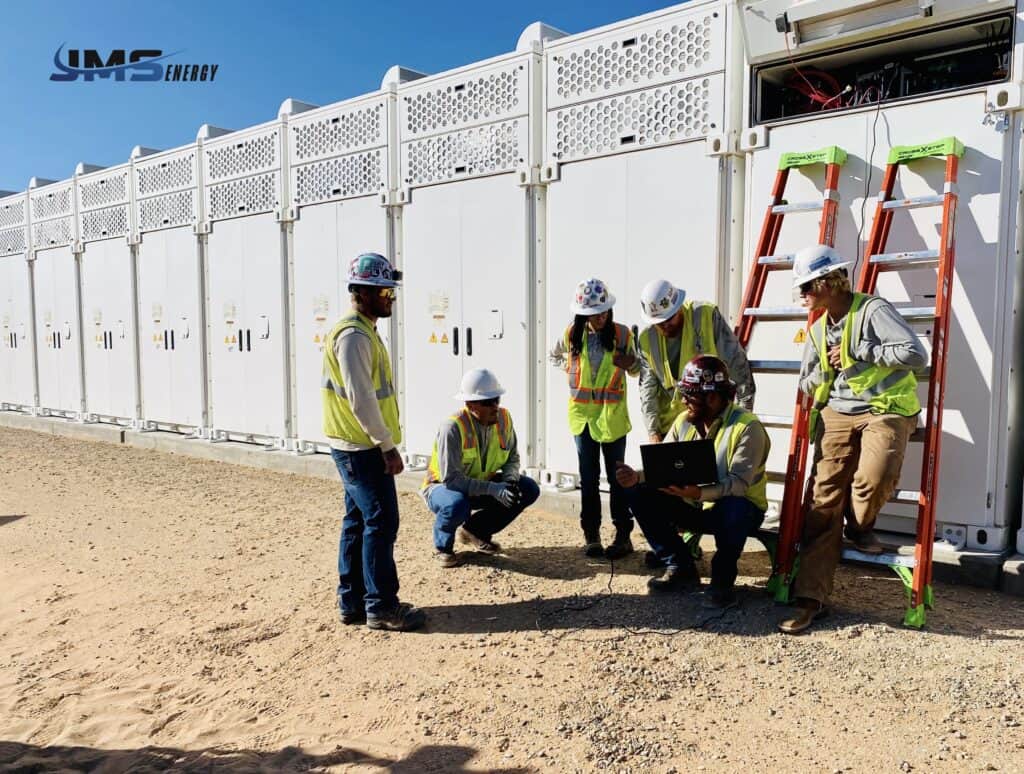As renewable energy solutions continue to gain momentum, one crucial component of a solar energy system is a reliable solar battery maintainer. JMS, a trusted name in the energy sector, offers some of the best solar battery maintainers available. Below are some frequently asked questions (FAQ) highlighting why JMS stands out in this field.
Table of Contents
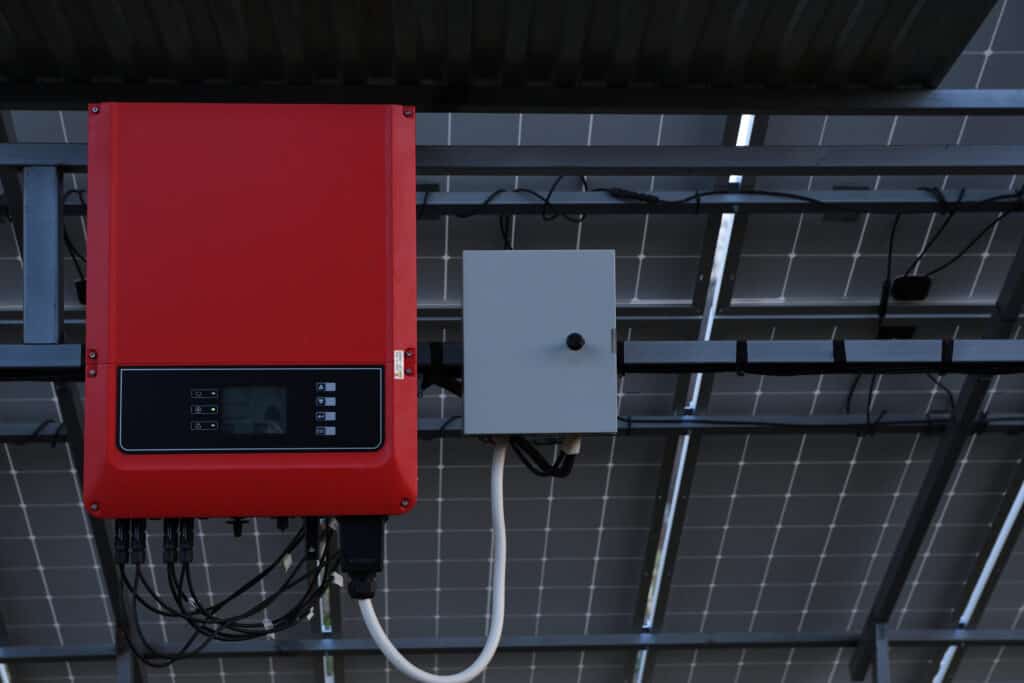
What Makes JMS Battery Maintainers Superior to Competitors?
JMS Energy Solutions has established itself as a leader in the solar power industry through innovation, quality, and customer-centric solutions. Their solar battery maintainers are designed with cutting-edge technology to ensure the optimal functioning of solar batteries. Unlike many competitors, JMS products incorporate advanced charge control systems that prevent overcharging and undercharging, which can degrade battery life. In addition, JMS provides excellent after-sales support and warranties, providing peace of mind to their customers. By prioritizing efficiency, durability, and user-friendliness, JMS distinguishes itself as the preferred choice among solar enthusiasts.
How Does JMS Ensure the Longevity of Battery Maintainers?
The longevity of JMS solar battery maintainers is attributed to their robust design and high-quality materials. JMS invests heavily in research and development, continuously refining their products to withstand harsh weather conditions and maintain efficiency. Their devices are equipped with sophisticated electronics that safeguard against common battery issues, such as sulfation and stratification. By preventing these potential threats, JMS solar battery maintainers extend the lifespan of solar batteries, offering long-term savings and reliability for users. Moreover, thorough testing and quality control measures are involved at every production stage to ensure a dependable outcome.
Are JMS Solar Battery Maintainers Compatible with All Types of Solar Systems?
JMS showcases versatility as a key feature of their solar battery maintainers, making them compatible with a wide array of solar systems. Whether for residential or commercial applications, JMS products are suitable for various voltage settings and battery types, including lead-acid, lithium-ion, and AGM batteries. This flexibility allows users to integrate JMS maintainers seamlessly with their existing systems or future upgrades. Additionally, JMS provides detailed installation guides and customer support to help users select and properly fit the appropriate maintainer for their specific setup, resulting in a hassle-free experience with maximum efficiency.
What Measures Does JMS Take to Enhance the Safety of Their Solar Battery Maintainers?
Safety is a top priority for JMS; thus, their solar battery maintainers come equipped with numerous security features to ensure user protection. The devices have built-in protections against short circuits, overloads, and reverse polarity, minimizing the risk of accidents or damage. JMS products are also designed to withstand environmental factors such as extreme temperatures and moisture, contributing to reliable operation under diverse conditions. This commitment to safety extends beyond the product itself, as JMS offers comprehensive manuals and dedicated support staff to assist users in safely installing and operating their systems. By maintaining rigorous safety standards, JMS empowers users to harness solar energy confidently and securely.
How Does JMS Address Environmental Concerns Associated with Solar Battery Maintainers?
Environmental sustainability is at the heart of JMS’s business philosophy. Their solar battery maintainers are crafted to not only support cleaner energy production but also to minimize environmental impact throughout their lifecycle. JMS employs eco-friendly manufacturing processes and materials, reducing waste and energy consumption during production. Additionally, their maintainers efficiently manage battery charge cycles, contributing to longer battery life and reduced need for replacements, which ultimately leads to decreased resource use and waste generation. By choosing JMS, consumers can align with a brand dedicated to promoting environmental stewardship while enjoying high-quality products.
How Do JMS Solar Battery Maintainers Maximize Energy Efficiency?
JMS Solar Battery Maintainers are engineered to optimize energy usage and minimize losses. Using Maximum Power Point Tracking (MPPT) technology, JMS maintainers continually adjust to the most efficient operating point of solar panels. This feature greatly enhances energy capture, especially in variable lighting conditions, ensuring the maximum possible conversion of sunlight into usable battery power. JMS’s commitment to leveraging state-of-the-art technologies translates into reduced energy costs and enhanced performance for users, making them an efficient and economic choice for solar battery maintenance.
Can JMS Solar Battery Maintainers Withstand Extreme Weather Conditions?
Recognizing the diverse climates in which their products are used, JMS has designed their solar battery maintainers to be exceptionally resilient against extreme weather conditions. Whether facing high temperatures, freezing environments, or heavy precipitation, JMS maintainers are built to operate reliably without compromising functionality. High-quality materials and weather-resistant features ensure that the devices function optimally in various climates, safeguarding the integrity of solar power systems. This durability not only provides users with reliable service but also protects their investment, making JMS a reliable partner in the journey toward sustainable energy.
Why is Customer Feedback Important to JMS, and How Does It Influence Their Solar Battery Maintainers?
Customer satisfaction is paramount to JMS, with feedback serving as a crucial component for continuous improvement and innovation. JMS actively encourages and listens to customer reviews and experiences, using this input to drive advancements in product design and functionality. For instance, if customers express a need for easier installation processes or additional features, JMS takes these insights seriously in future product iterations. This customer-centric approach fosters a strong sense of community and trust between JMS and its users, ensuring that their solar battery maintainers truly meet customer needs and stay ahead in the competitive market.
Conclusion
In conclusion, JMS stands out in the crowded market of solar battery maintainers due to their commitment to innovation, quality, and customer satisfaction. From product efficiency and safety to environmental responsibility, JMS delivers comprehensive solutions that cater to a wide range of needs. Their dedication to creating high-performing and durable products makes them the perfect choice for those looking to invest in solar battery maintainers that go above and beyond. For anyone contemplating a move to solar energy, JMS provides reliable and forward-thinking solutions that are sure to enhance your solar experience.


